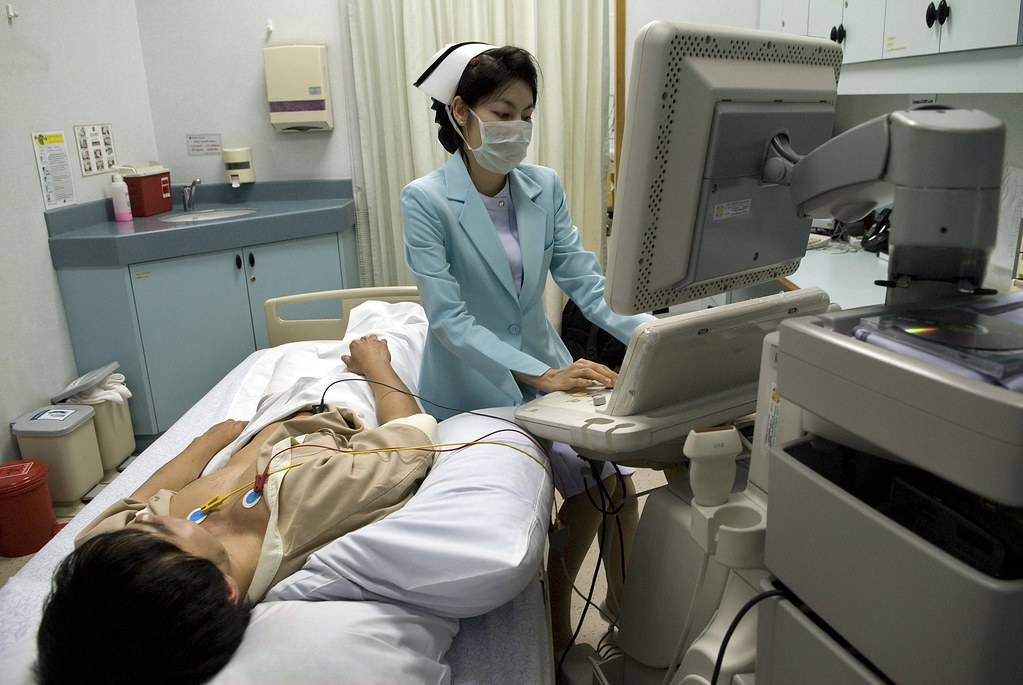Heart centers are dedicated facilities offering specialized services to promote heart health. They focus on diagnosing, managing, and treating various cardiovascular conditions. Let’s explore the key types of care provided at heart clinics to help individuals maintain and improve their heart health.
Preventive Cardiology
Preventive cardiology aims to reduce the risk of developing cardiovascular diseases by addressing contributing factors. Contributing factors include conditions such as high blood pressure, cholesterol levels, and lifestyle choices. Education on healthy diet practices, exercise routines, and stress management is a key component of preventive cardiology.
A multifaceted approach is often employed in preventive cardiology, including routine health screenings to identify early signs of potential cardiovascular issues. Regularly monitoring blood pressure, blood glucose levels, lipid profiles, and body mass index (BMI) enables healthcare providers to detect and address risk factors before developing serious conditions. Evidence-based counseling on smoking cessation and alcohol moderation forms an integral part of the preventive strategy.
Arrhythmias
Heart centers also specialize in diagnosing and treating arrhythmias, which refer to irregular heartbeats. These may include conditions like atrial fibrillation or bradycardia. Advanced diagnostics are often used to determine the cause and severity of the irregularity. Treatments like medication, catheter ablation, or implantation of devices are typically provided to manage arrhythmias effectively.
Angina and Heart Attack
At heart centers, angina and acute heart attacks are top priorities. Angina refers to chest pain caused by reduced blood flow to the heart, signaling potential underlying issues. Comprehensive evaluations, including stress tests and imaging techniques, help determine the severity of the condition. For heart attack cases, immediate interventions such as angioplasty or clot-dissolving medications may be employed. These facilities are equipped to handle emergencies quickly and efficiently to reduce the risk of complications.
Education and awareness programs aid timely recognition and response to cardiovascular symptoms. Patients experiencing angina are encouraged to monitor contributing factors such as physical activity levels, stress, and dietary habits. Advanced diagnostic tools, including echocardiograms, coronary angiography, and cardiac magnetic resonance imaging (MRI), are employed to achieve a precise diagnosis and tailor treatment plans. For heart attack management, rapid response protocols prioritize restoring blood flow to affected areas of the heart.
Congestive Heart Failure
Congestive Heart Failure (CHF) is a condition where the heart cannot pump blood as effectively as required. Heart centers offer dedicated care to manage this chronic condition using advanced therapies. Treatment often involves a combination of lifestyle changes, medication, and sometimes surgical options. Regular monitoring and checkups help manage symptoms and improve overall quality of life.
Echocardiogram
An echocardiogram is a helpful diagnostic tool for assessing heart function and structure. Heart centers provide access to this non-invasive imaging technique to evaluate conditions such as valve problems or heart muscle damage. This procedure uses ultrasound waves to create detailed images of the heart, assisting cardiologists in making precise diagnoses and formulating effective treatment plans.
Visit a Heart Center near You
Heart clinics are fundamental resources for maintaining and improving cardiovascular health. They offer specialized services and advanced treatments for a wide range of conditions, from preventive care to complex interventions. To explore how a heart center can support your heart health, book a visit to one in your area.

